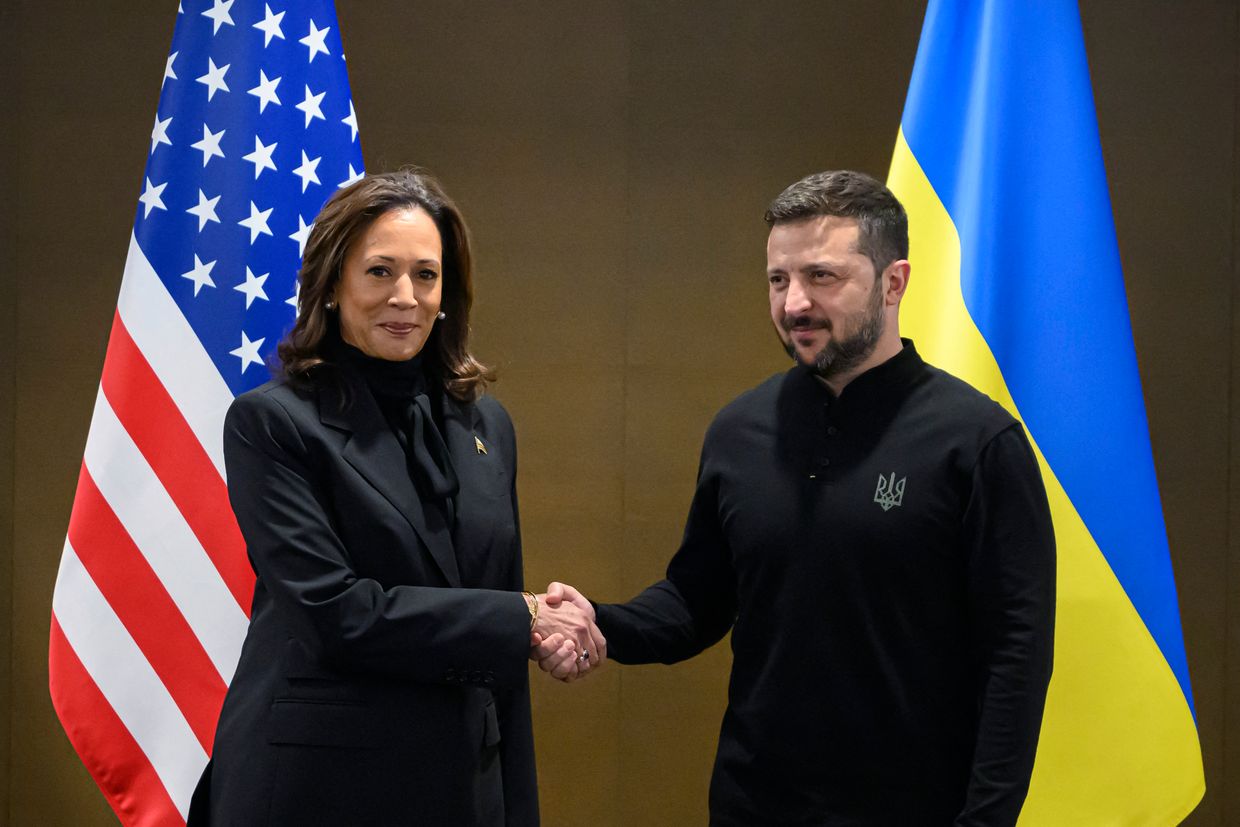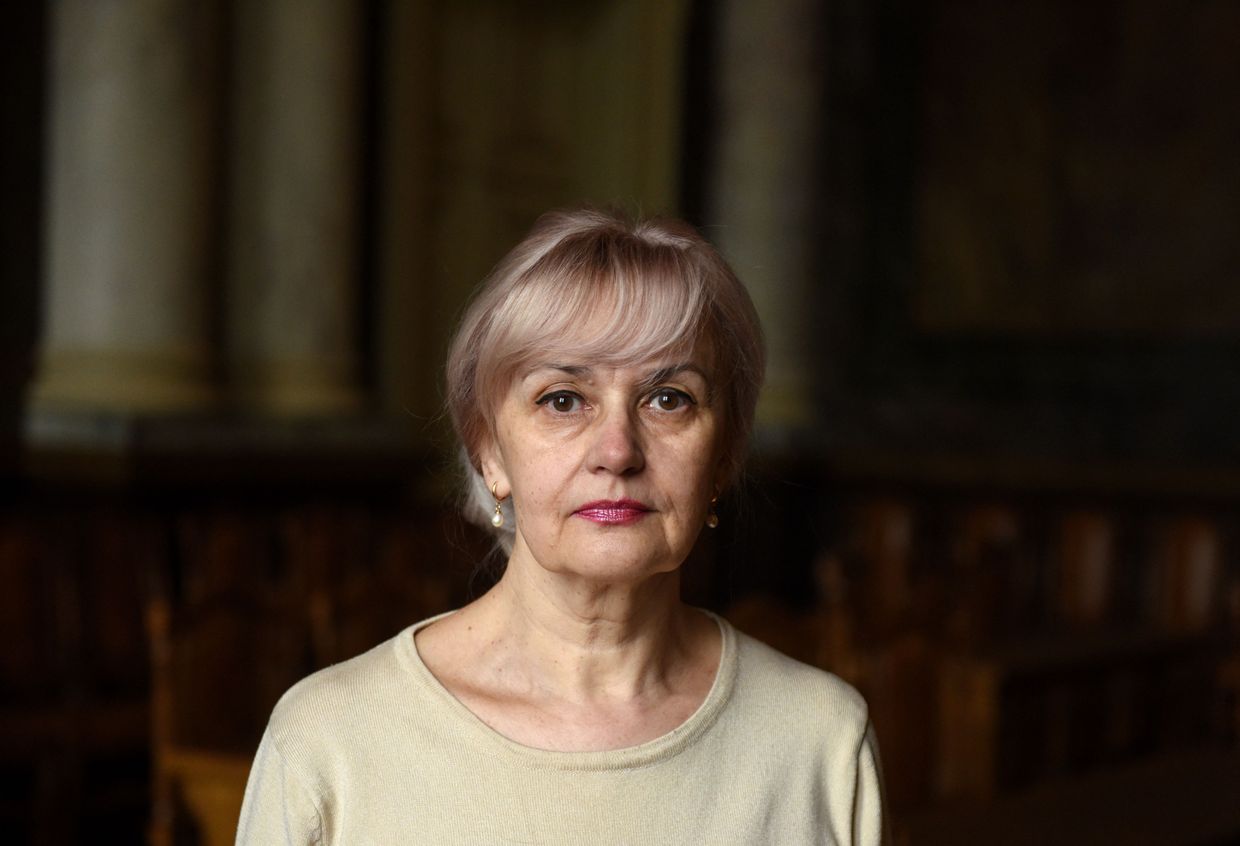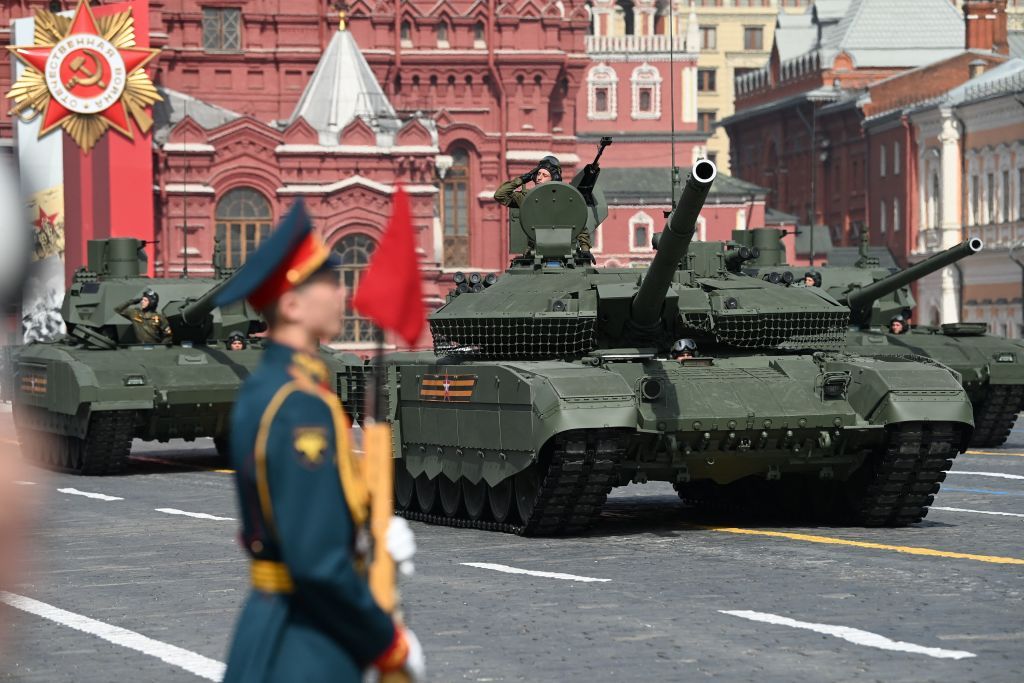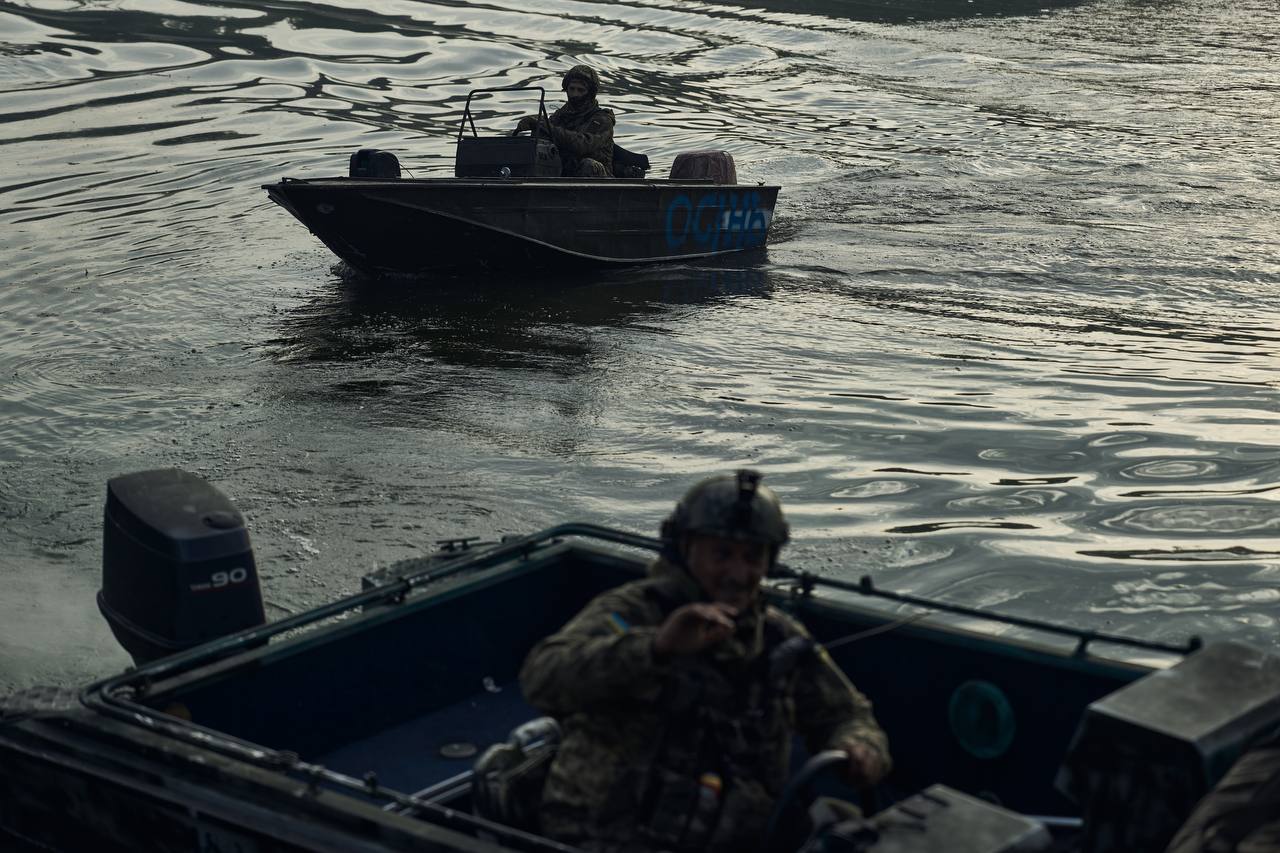Russia launched a mass missile attack across several Ukrainian cities on July 8, killing 31 people and injuring at least 117 in Kyiv alone. One of the attack sites was the Okhmatdyt hospital, Ukraine’s largest children’s medical center. While no children were killed at the center itself, four children were killed in Russia’s attack on the Ukrainian capital.
After Ukraine’s stalled 2023 counteroffensive, a “Ukraine fatigue” set in – a burnout of empathy and compassion for the victims of this war, or more bluntly, a lack of concern for Ukrainian deaths in the past, present, and, unfortunately, future.
This willful forgetting was a form of transnational “necropolitics.” Nonchalantly, global concern shifted toward the Israel-Hamas War, leaving Ukrainians to die. It’s tragic that it took a strike on a children’s hospital to bring Ukraine back to the world’s attention. This forgetting is responsible for the deaths that occurred in Ukraine on July 8.

Conflict scholar Johan Galtung described a “triangle of violence” along three axes: cultural, structural, and direct. Cultural violence refers to publics that become indifferent to death. Prior to the attack on the children's hospital, Ukrainian deaths no longer figured prominently in international media and were neglected by policymakers on national and multilateral levels.
Cameroonian scholar Achille Mbembe defined “necropolitics” as the subjugation of life to the power of death.
For example, when the U.S. Congress delayed American military aid to Ukraine due to Representative Marjorie Taylor Greene’s squabble with the incumbent Speaker of the House, it was a form of necropolitics. American domestic politics prevented the arrival of munitions that could dictate life and death by protecting Ukrainian urban centers and civilians.
The missile that struck the hospital could have been shot down by U.S.-provided air defense, but they are in short supply in Ukraine due to American domestic politics. This failure to deliver weapons was a form of American structural violence, with U.S. political institutions failing to aid Ukraine.
The children’s deaths resulted from direct Russian violence. This is Russian President Vladimir Putin’s regime of necropolitics, exposing Ukrainian civilian populations to death via aerial bombardment, including Shahed drone strikes, glide bombs, and ballistic and cruise missiles.

National security approaches focus on the agents of death, such as weapons and armies. In contrast, a human security approach prioritizes protecting vulnerable groups during conflict, such as women, children, and refugees. Human security is juxtaposed against traditional notions of national security, which focus on protecting abstract notions of the nation, sovereign territory, and borders through military means.
During Russia’s failed assault on Kyiv at the start of the full-scale war in 2022, Russian soldiers retreating from Kyiv Oblast left behind executed cattle, horses, and goats. The invading forces have since deliberately killed domesticated dogs, bombed animal shelters, and killed animal rescue volunteers. For example, a corgi-mix with shrapnel wounds could not even drink water because it spilled through a wound in its neck.
Killing and maiming support animals, like pets, are acts of psychological warfare. Tragically, George Packer of The Atlantic writes, “War has nothing to do with the world they (animals) inhabit. In their consciousness, it has no meaning, not even the meaning of evil.”
During our lecture circuit on the two-year anniversary of Russia’s full-scale war against Ukraine in February 2024, it was only the story of this corgi that gained the attention of American audiences, prompting students fixated on their smartphones to look up and acknowledge the tragedy unfolding since 2022.

Responsibility to Protect (R2P) is an international norm for states to prevent genocide, mass atrocities, and war crimes, developed in response to the failures in the former Yugoslavia and Rwanda in the 1990s. As a historian who has taught at San Diego State University’s School of Public Health and Ivan Franko University in Lviv, and as a Ukrainian researcher living in Kyiv, we have coined “Responsibility to Remember” (R2R).
If the wars in Rwanda and Yugoslavia set the agenda for R2P, we argue that the war in Ukraine should set the agenda for a broader sentient security and R2R – the need for compassion for “victims of war” in general.
This includes soldiers or civilians with post-traumatic stress disorder (PTSD), the kidnapped and tortured, victims of gender-based violence, child soldiers, children in hospitals, internally displaced persons (IDPs) and refugees, survivors of landmines or improvised explosive devices (IEDs) who need prosthetics, victims of depleted uranium, and animals and domesticated pets caught up in conflicts they had no role in creating.
Editor’s Note: The opinions expressed in the op-ed section are those of the authors and do not purport to reflect the views of the Kyiv Independent.











